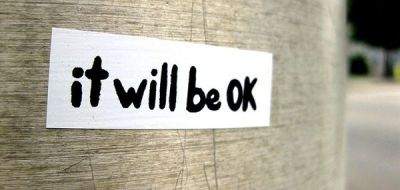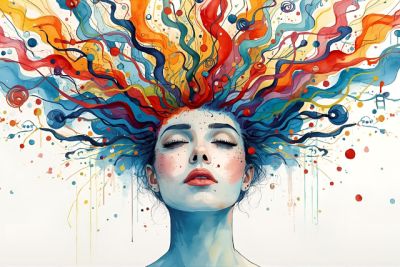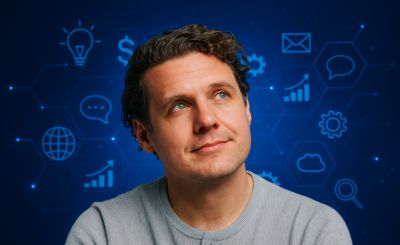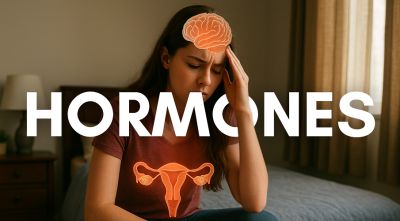Between Code and Connection: Dayna Guido on AI’s Limits in Therapy
Artificial Intelligence (AI) has entered nearly every corner of professional life, and mental health care is no exception. Diagnostic apps suggest possible conditions, chatbots deliver quick interventions, and software promises to ease the administrative burden on overextended clinicians.
But in therapy, where the work hinges on human nuance, the question is not simply what AI can do; it is whether the profession can integrate it without losing what makes therapy effective.
Dayna Guido, a clinical social worker, educator, and author with more than forty-five years in the field, has become a leading voice in this debate.
Her specialty in ethics and supervision places her at the crossroads of tradition and technology, guiding both seasoned clinicians and students through the promise and peril of AI. “AI is a great tool,” Guido says. “But one tool, no matter what it is, doesn’t fit everything.
Read more on curiousmindmagazine.com




















